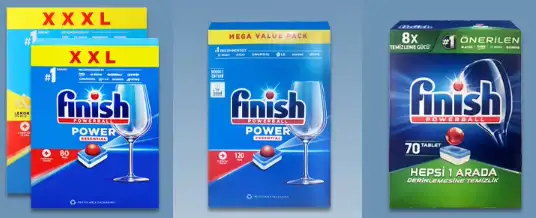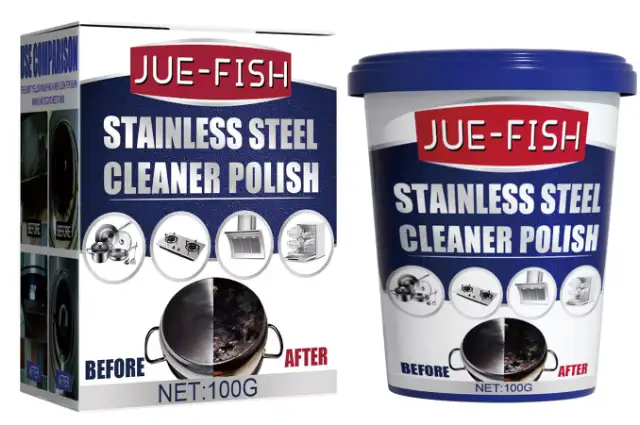Maintaining the sparkle of stainless steel appliances can be a challenge.
Whether it’s your dishwasher, refrigerator, or cookware, these surfaces require special care to avoid streaks, scratches, and stains.
One common cleaning method involves using vinegar.
But is it really safe for stainless steel, and how does it affect your dishwasher’s performance? Let’s dive into the facts and tips you need to know.
Why Vinegar Can Be Both Helpful and Harmful
Vinegar is often hailed as a natural cleaning agent due to its acidity, which effectively dissolves grease, grime, and mineral deposits.
When used in dishwashers, vinegar can remove hard water stains and sanitize interior surfaces.
However, its strong acidic nature poses risks, especially to stainless steel components.
The Risks of Vinegar on Stainless Steel
While vinegar is excellent for breaking down residue, prolonged or undiluted exposure can corrode stainless steel’s protective coating, leading to dullness and potential damage.
This is particularly true for sensitive parts like the rubber gaskets in your dishwasher.
To minimize risks, use vinegar sparingly and in diluted forms, and avoid letting it sit on surfaces for extended periods.
Safe Cleaning Practices for Stainless Steel and Dishwashers
Cleaning Stainless Steel Appliances
To clean stainless steel without causing damage, follow these tips:
- Use Specialized Cleaners: Invest in products designed for stainless steel, like Jue-Fish Stainless Steel Cleaner & Polish. It cleans, polishes, and protects the surface, ensuring a streak-free finish.
- Wipe With the Grain: Always clean along the direction of the metal’s grain to prevent scratches.
- Avoid Harsh Abrasives: Skip steel wool, bleach, and ammonia-based products, as these can permanently damage stainless steel.
Using Vinegar in Your Dishwasher Safely
To leverage vinegar’s cleaning power without harming your dishwasher:
- Dilute It: Mix one part vinegar with two parts water to reduce its acidity.
- Target Hard Water Spots: Place a cup of vinegar on the top rack during an empty hot water cycle to remove mineral deposits.
- Avoid Rubber Components: Do not apply vinegar directly to seals or gaskets; instead, clean these areas with mild soap and water.
Boost Cleaning Efficiency With Rinse Aids
Even with regular cleaning, stubborn water spots and poorly dried dishes can persist.
This is where rinse aids come into play. These surfactants improve water flow, prevent spotting, and enhance drying.
Consider a product like Finish Jet-Dry Rinse Aid, which works in tandem with your dishwasher to deliver spotless, dry dishes.

How to Use a Rinse Aid
- Locate the rinse aid dispenser on your dishwasher door.
- Fill it with your chosen rinse aid product.
- Replace as needed, typically every few weeks.
For convenience, you can also opt for dishwasher pods that combine detergent and rinse aid.
Final Thoughts: Finding the Right Balance
While vinegar offers effective cleaning power, it must be used with care to avoid damaging your stainless steel appliances and dishwasher components.
Pairing occasional vinegar treatments with a high-quality stainless steel cleaner and rinse aid ensures your appliances remain spotless and functional.
By adopting these practices, you’ll not only protect your appliances but also keep your kitchen gleaming with minimal effort.
Ready to upgrade your cleaning routine? Try the recommended products above for a hassle-free experience!

